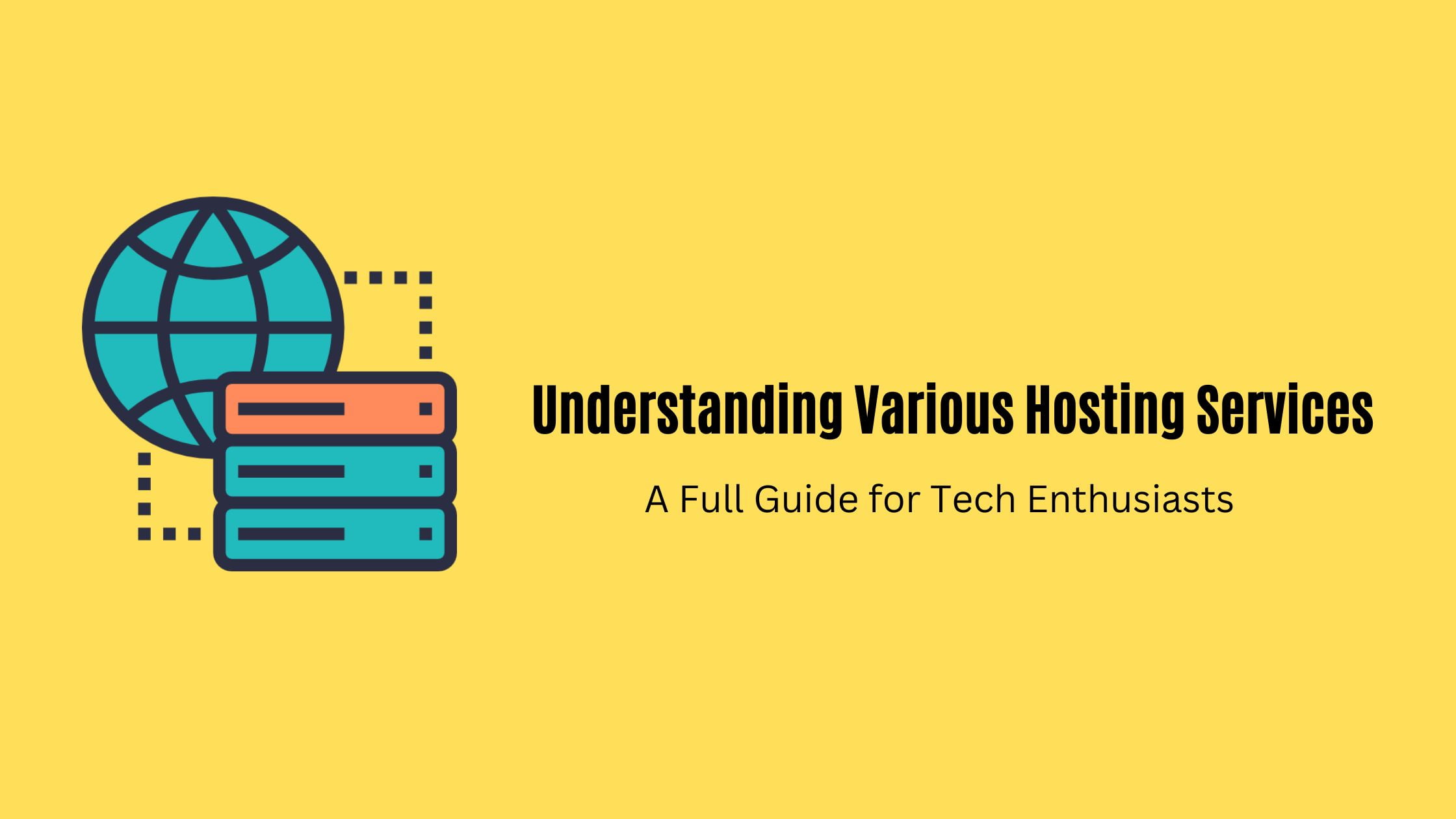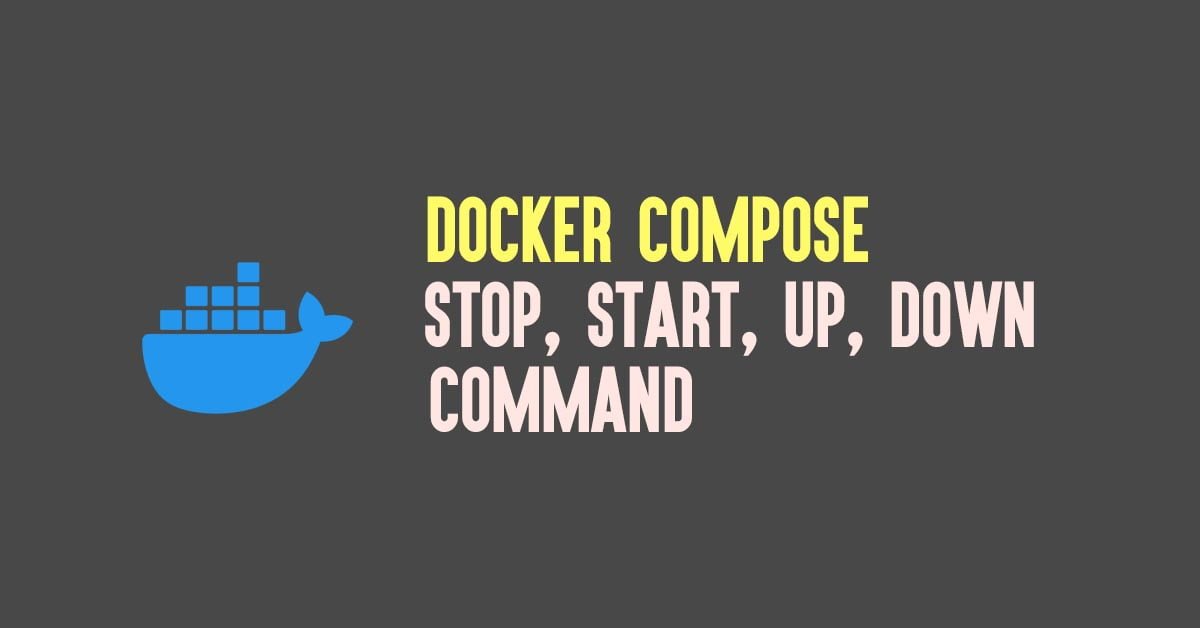The world of technology moves at a breakneck pace. Every day, there are new devices, applications, and software to learn about and add to your ever-growing “to-do” list. It can be daunting for the average person to try and keep up, let alone stay ahead of the curve. But for those who love learning about – and using – technology, there is no greater thrill than exploring every nook and cranny of the digital world. And what could be a better way to start than understanding the basics of hosting services?
What Is a Hosting Service?
A hosting service is an internet service that allows individuals and organizations to make their websites available on the internet. When you register for a hosting service, you are provided with a web server to host your website. The web server is physical hardware owned and operated by the hosting company. You are also given a domain name; the address people use to find your website online. For example, the domain name for Google.com is google.com.
When someone visits your website, they connect to the web server where it is hosted. The web server then sends them the files that make up your website. This includes the text, images, and other multimedia content you uploaded to your site. It includes any scripts or programs you have installed, such as a content management system (CMS) or an e-commerce platform.
Types of Hosting Services
There are several different types of hosting services that you can choose from. Each type has advantages and disadvantages, so it’s important to weigh your options carefully before deciding which service is right for you.
1. WordPress Hosting
WordPress is one of the most popular platforms for building websites, and it works well with a dedicated hosting service. If you plan on creating a website using WordPress, then WordPress hosting is likely your best option. For starters, you can get an AWS WordPress hosting trial which allows you to experiment with the platform for free before committing to a plan. Not only that, but WordPress hosting often comes with added features and tools that can help you build your website quickly and easily.
2. Virtual Private Server Hosting
Virtual private server (VPS) hosting is a good choice if you want more control over your web server. You can access the underlying operating system on a web server with VPS hosting. This allows you to customize and configure your web server as needed, resulting in increased flexibility and control. However, VPS hosting is more expensive than shared hosting, so it may not be the best choice for smaller websites or organizations with limited budgets.
3. Cloud Hosting
Cloud hosting is another popular option among tech enthusiasts. This type of hosting operates on a distributed network of servers, so you don’t have to worry about your website going down if one server fails. Cloud hosting is ideal for scaling up websites as needed – all it takes is a simple click, and you can instantly add more resources for handling high-traffic loads or adding new features to your site. That said, cloud hosting can be more expensive than other types of hosting, and it’s not always the best option for smaller websites that don’t require a lot of resources.
4. Dedicated Hosting
If you need reliable hosting for your business website, or if you have multiple websites that create heavy traffic and demand high storage space and bandwidth, then dedicated hosting may be better suited to your needs than WordPress hosting or shared hosting. Dedicated hosting involves renting a physical server to your website, which means you can customize it however you like and install new programs without worrying about other websites on the same server impacting your performance.
Ultimately, the hosting service you choose will depend on your budget, website needs, and experience with web development. By researching and weighing each option’s pros and cons, you can find the hosting solution that best suits your needs.
No matter the hosting service you choose, it’s important to make sure that you research your options carefully to find the right one for your needs and budget. With the right hosting service, your website will be well-positioned to reach new heights of success online.
How to Choose Hosting Service
Below we will outline some key factors to consider when choosing a hosting service.
Price
Price is always a key consideration when choosing a hosting service. The more features and resources you need, the more you will have to pay. Shared hosting is typically the cheapest option, while VPS and dedicated hosting are more expensive. Cloud hosting can be quite costly, depending on the provider.
It’s important to remember that price is only sometimes the most important factor. Cheaper services may only sometimes be the best value, and more expensive services may be worth the investment depending on your needs. It’s important to weigh all your options and make the right decision.
Features
When considering different hosting services, it’s important to look at the features that each one offers. For example, some hosts offer unlimited storage space and bandwidth, while others have caps on these resources. Some hosts offer free domain name registration, while others charge a fee for this service.
It’s important to understand what features each host offers and how they can benefit your website. For example, if you anticipate heavy traffic loads or plan on using certain software programs, you will need a host that offers sufficient resources. If you plan on using a CMS or eCommerce platform, make sure that the host supports these applications.
Customer Support
Another important factor to consider is customer support. Even if you have years of experience in web development, there may be times when you need help from the hosting provider. Good customer support can be invaluable during these times – especially if you’re experiencing technical problems with your website.
Review reviews of different hosting providers to understand their customer support quality. You can also contact customer support directly to ask about their response time and level of expertise. By doing this, you can get a sense of whether or not the provider will be able to help you when needed.
Remember to keep your individual needs in mind when looking for the right hosting service. Doing so can ensure you get everything you need at a price that won’t break the bank. By carefully considering your options, you can find a host that fits your needs and budget and helps you achieve your goals online.







